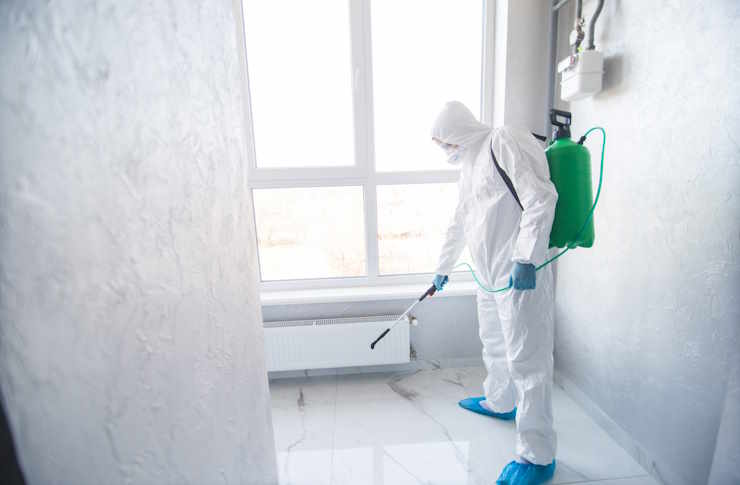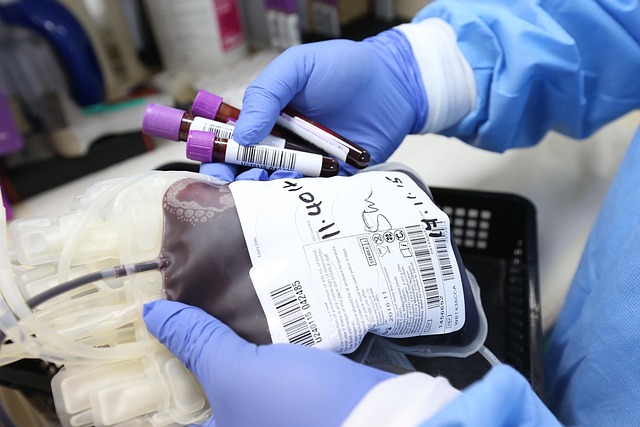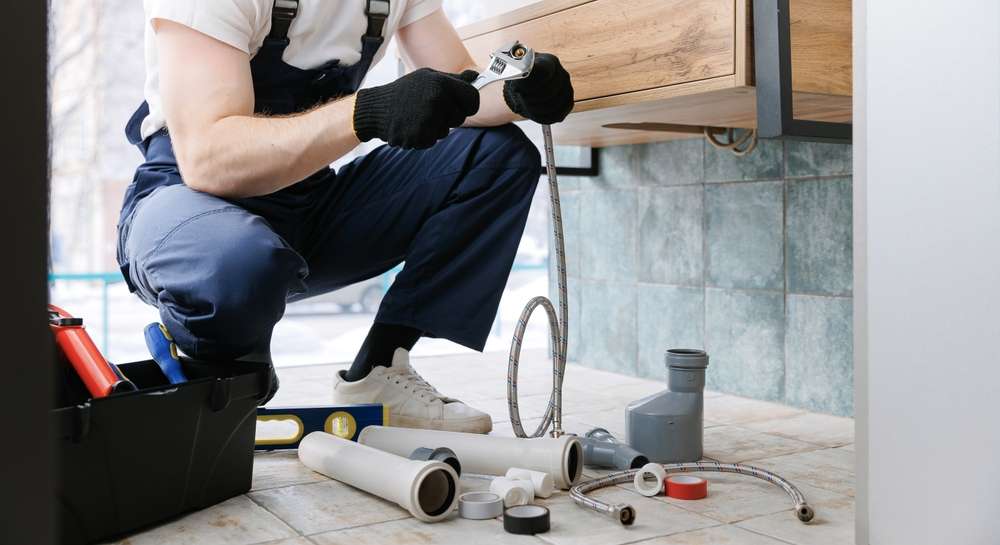Exploring Hospital Cleaning Jobs in the USA
Hospital janitorial jobs play a key role in maintaining hygiene and safety. These roles are often open across the U.S. with steady hours, benefits, and opportunities for training. Learn what to expect and where to check for open positions in your area.

What are the typical duties of hospital cleaning staff?
Hospital cleaning staff, often referred to as environmental services technicians or housekeepers, are responsible for maintaining cleanliness and sanitation throughout medical facilities. Their duties may include:
-
Cleaning and disinfecting patient rooms, bathrooms, and common areas
-
Properly disposing of medical waste and hazardous materials
-
Replenishing supplies such as soap, paper towels, and hand sanitizer
-
Operating specialized cleaning equipment
-
Following strict infection control protocols
-
Reporting maintenance issues or safety hazards
These professionals work diligently to ensure that all areas of the hospital meet stringent cleanliness standards, which is crucial for preventing the spread of infections and maintaining a safe environment for patients and staff.
What qualifications are typically required for hospital cleaning jobs?
While specific requirements may vary by employer, most hospital cleaning positions typically require:
-
High school diploma or equivalent
-
Physical ability to stand, walk, and lift for extended periods
-
Attention to detail and ability to follow precise cleaning protocols
-
Willingness to work flexible hours, including nights, weekends, and holidays
-
Basic English language proficiency
-
Ability to work well in a team environment
-
Comfort working around medical equipment and in a healthcare setting
Some facilities may prefer candidates with prior experience in healthcare cleaning or custodial work. Additionally, many hospitals provide on-the-job training to ensure staff are familiar with proper cleaning techniques and safety procedures specific to the healthcare environment.
How can one research potential hospital cleaning opportunities?
While this article does not provide specific job listings, there are several general avenues individuals can explore when researching potential hospital cleaning opportunities:
-
Hospital websites: Many healthcare facilities list open positions on their career pages.
-
Job search websites: Platforms like Indeed, ZipRecruiter, or LinkedIn often feature hospital cleaning job postings.
-
Local job boards: Community centers or libraries may have information about local healthcare job openings.
-
Staffing agencies: Some agencies specialize in healthcare support roles and may be aware of opportunities.
-
Networking: Connecting with current hospital employees or attending healthcare job fairs can provide insights into potential openings.
It’s important to note that job availability can vary significantly based on location, time of year, and current economic conditions. Interested individuals should conduct their own research and contact potential employers directly for the most up-to-date information on job openings and application processes.
What is the typical work environment for hospital cleaning staff?
Hospital cleaning staff work in a fast-paced, dynamic environment that requires adaptability and attention to detail. The work can be physically demanding, often involving long periods of standing, walking, and lifting. Cleaning professionals may encounter various situations throughout their shifts, including:
-
Working in different departments of the hospital
-
Interacting with patients, visitors, and medical staff
-
Adhering to strict infection control protocols
-
Responding to urgent cleaning needs or spills
-
Operating specialized cleaning equipment
The hospital environment also exposes cleaning staff to potential health and safety risks, which is why proper training and adherence to safety protocols are essential aspects of the job.
What are the general pay and benefits expectations for hospital cleaning jobs?
Pay rates for hospital cleaning jobs can vary significantly based on factors such as location, experience, and the specific healthcare facility. While this article cannot provide specific salary information, interested individuals can research general salary ranges through resources like the Bureau of Labor Statistics or salary comparison websites.
Many full-time hospital cleaning positions may offer benefits packages, which could include:
-
Health insurance
-
Paid time off
-
Retirement savings plans
-
Employee assistance programs
-
Opportunities for career advancement
It’s important to note that part-time or contract positions may have different compensation structures and benefits offerings. Individuals should inquire directly with potential employers for accurate and up-to-date information on pay and benefits for specific positions.
| Aspect | Details |
|---|---|
| Job Titles | Environmental Services Technician, Hospital Housekeeper, Cleaning Specialist |
| Typical Duties | Cleaning patient rooms, disinfecting surfaces, waste disposal, supply replenishment |
| Common Requirements | High school diploma, physical stamina, attention to detail, flexible schedule |
| Work Environment | Fast-paced, healthcare setting, potential exposure to medical situations |
| Career Prospects | Potential for advancement to supervisory roles or specialization in specific departments |
Prices, rates, or cost estimates mentioned in this article are based on the latest available information but may change over time. Independent research is advised before making financial decisions.
In conclusion, hospital cleaning jobs are essential roles within the healthcare system, contributing significantly to patient safety and overall facility hygiene. While these positions can be challenging, they offer the opportunity to make a meaningful impact in a healthcare setting. Individuals interested in pursuing a career in hospital cleaning should thoroughly research current opportunities in their area and carefully consider the responsibilities and requirements associated with these important roles.
This article is for informational purposes only and should not be considered medical advice. Please consult a qualified healthcare professional for personalized guidance and treatment.




